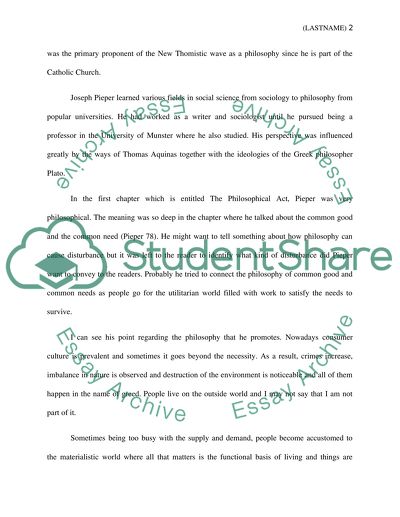Cite this document
(“What happens after we die Essay Example | Topics and Well Written Essays - 1250 words”, n.d.)
What happens after we die Essay Example | Topics and Well Written Essays - 1250 words. Retrieved from https://studentshare.org/philosophy/1463671-what-happens-after-we-die
What happens after we die Essay Example | Topics and Well Written Essays - 1250 words. Retrieved from https://studentshare.org/philosophy/1463671-what-happens-after-we-die
(What Happens After We Die Essay Example | Topics and Well Written Essays - 1250 Words)
What Happens After We Die Essay Example | Topics and Well Written Essays - 1250 Words. https://studentshare.org/philosophy/1463671-what-happens-after-we-die.
What Happens After We Die Essay Example | Topics and Well Written Essays - 1250 Words. https://studentshare.org/philosophy/1463671-what-happens-after-we-die.
“What Happens After We Die Essay Example | Topics and Well Written Essays - 1250 Words”, n.d. https://studentshare.org/philosophy/1463671-what-happens-after-we-die.


